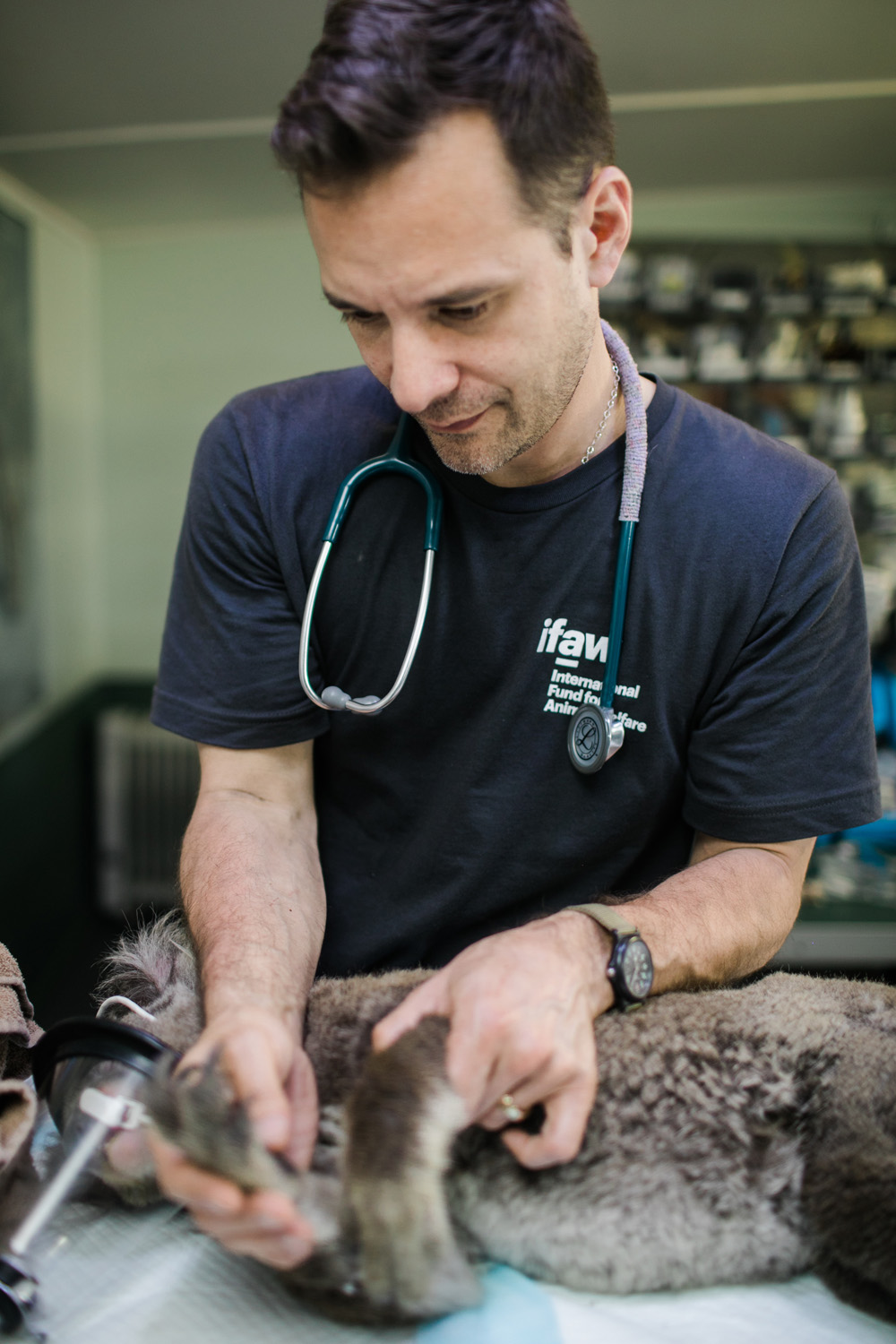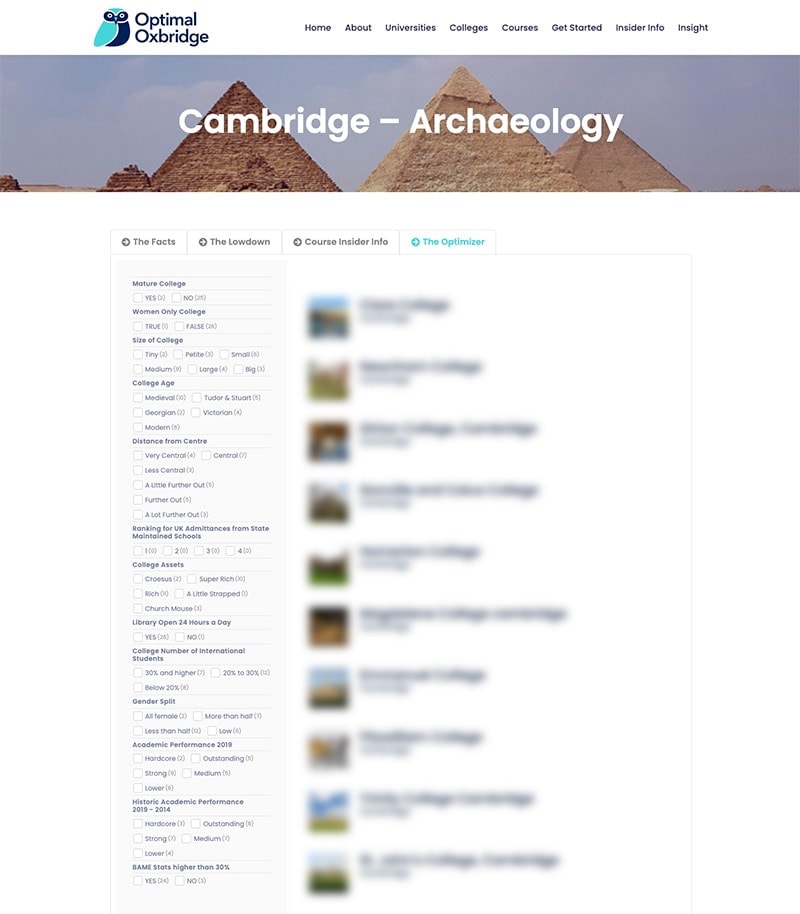Subscribe for full access to insider info and the optimizer.
Unlock access to the Optimizer and Insider Info
Let our optimizer help you find your college match faster. We’ll screen out the bad fits so that you can review the schools you’ll like best. Who knows? You might find a college you never knew existed.
The Facts
UCAS Code:
D100
Standard Requirements:
A levels| A*AA
IB | 40-42, 776 in HL
For other qualifications, check the Cambridge University website.
Required Subjects:
A level Chemistry and one of Biology, Physics, Mathematics. IB are required to take 'Analysis and Approaches' wherever Maths has been opted. Some Colleges require three science/ mathematics A Levels.
Advisable Subjects:
None stated by the university.
None stated by the university.
Recommended that prospective students undertake at least two weeks of work experience.
79 in 2021. (19% offered, 16% accepted)

The Lowdown
The VetMed course is globally renowned for its innovative focus on practical teaching and top-notch equipment, from a surgical suite to various care and post-mortem units. Particularly notable is their linear accelerator, used for cancer therapy. You will also have access to live animals on the nearby University Farm and may practice in the Clinical Skills Centre throughout your degree.
This course is six years long, and you will graduate with a VetMB. The first three years are pre-clinical studies, and you will build your scientific knowledge during this period. You will also be expected to complete a 12-week work experience placement by the end of your second year.
In your first and second year, you will take one clinical course, but most of your courses are science-based. They include topics such as animal management, ethical issues and biological and molecular science.
In third year, you will take another subject in order to qualify for a BA. This may be a science subject, such as Natural Sciences, or a non-science subject, such as Anthropology.
Your fourth and fifth years are your clinical studies years, where you will be taught through lectures and practicals – in sixth year, you actually get a break from lectures entirely! The subjects offered are much more specialized, granting the opportunity to hone in on the disciplines you are interested in, from pharmacology to diseases, from surgery to breeding. You will have practical work twice a week. You will also have to take at least 26 weeks of extramural study – you may complete this abroad if you so wish.
In your final year, you have no lectures at all – the focus is entirely on clinical training. You will learn topics such as surgery, medicine and diagnosis regarding both small and farm animals. This year concludes with eight weeks of personal study, where you choose a topic relating to your particular interests. This course is thus largely science-based. You must, therefore, take Chemistry A-Level (or equivalent) and one out of Biology, Physics and Mathematics – most applicants take at least three of these.
Veterinary Medicine at Cambridge has the highest female ratio across the university- as more than 84% of intake is female each year. It is competitive for applicants with an offer rate of only 20%. As you might imagine, this degree is vocational, aimed primarily at those who want to become a vet. Completing this degree will qualify you to become a member of the RCVS, and many graduates choose to take postgraduate qualifications to develop their clinical skills even further. This course, however, will give you the respect and ability to enter multiple areas of biomedical science. You might decide to become a researcher, a government agent, or work in pharmaceuticals.
Unlock Insider Info
Get insider intel about how to increase your chances of being offered a place, plus access interviews tips and special questions.
The Optimizer
Unlock access to the optimizer
Let our optimizer help you find your college match faster. We’ll screen out the bad fits so that you can review the schools you’ll like best. Who knows? You might find a college you never knew existed.

